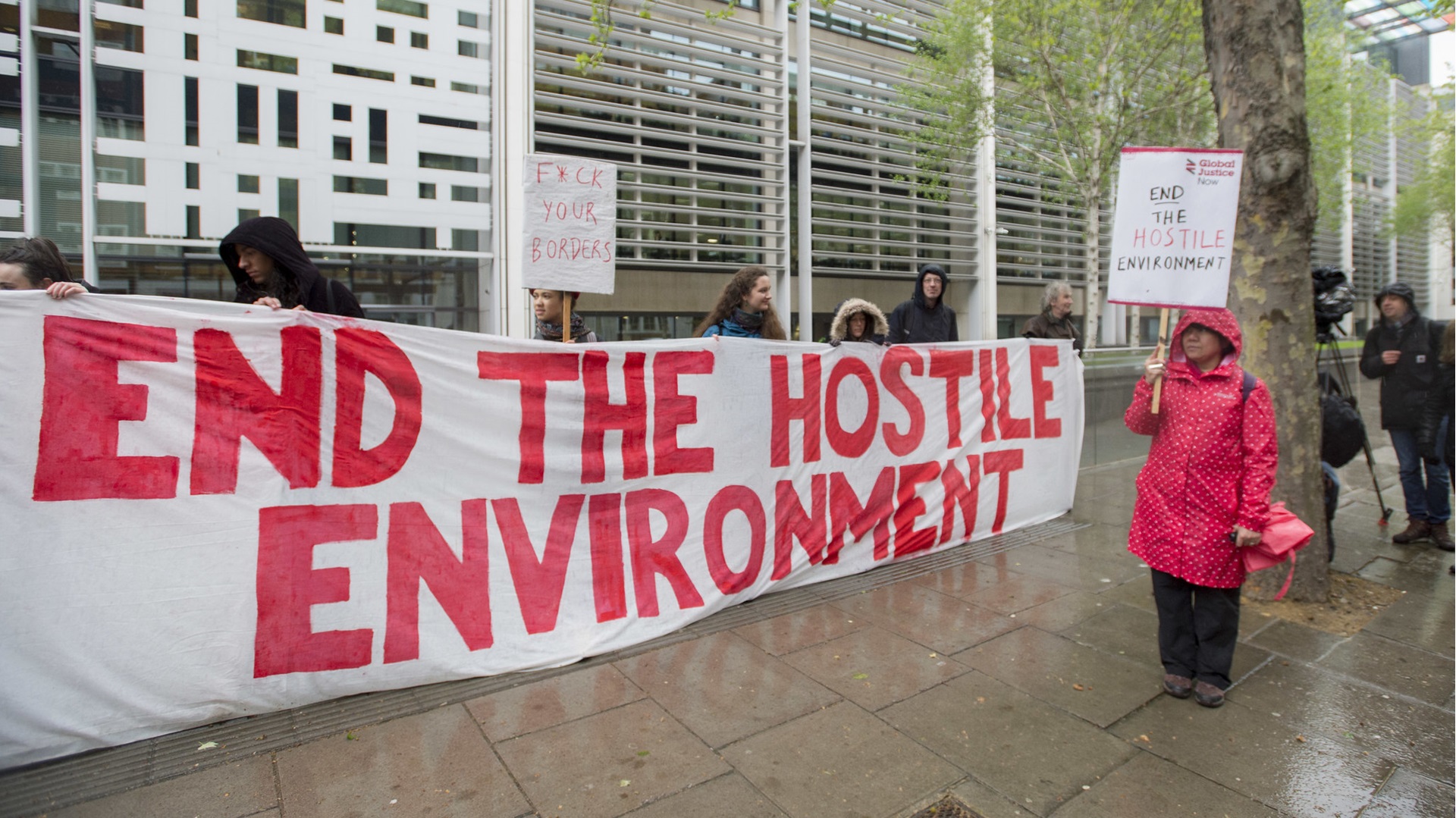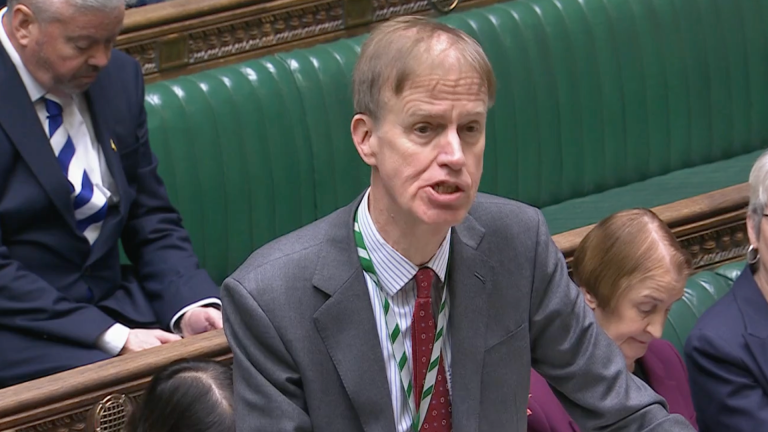The government has finally published an independent report into the historical roots of the Windrush Scandal. The report is deeply embarrassing, setting out in great detail how immigration policy has been designed over an extended period to reduce the proportion of non-white people living in the UK. What is also clear though is how so little has changed in how the government of the day designs and implements UK immigration laws and policies.
In painstaking detail, the report evidences how cruel, draconian and racist laws and policies are implemented time and time again, and seemingly nothing changes, with politicians of all stripes doomed to repeat their predecessor’s mistakes. This has played out in real time in recent years, with any number of sinister and ultimately failed policies replicating what has gone before.
- ‘We helped put the great back into Great Britain’: Meet 97-year-old Windrush passenger Alford Gardner
- Don’t believe the headlines: Here’s 22 facts that prove migration benefits all of us
Consider the UK’s treatment of low-paid Black workers. In the two World Wars, the UK government readily conscripted Black people from the empire, yet was determined that these people who fought for the UK should not be allowed to settle here. In 2024, the UK shamefully mistreats migrant care workers, lionised during the pandemic for looking after our ageing population but now viewed as a problem to be fixed. This year, then home secretary James Cleverly banned those on care visas from bringing dependant family members. The Conservative government wanted a faceless workforce, stripped of their right to a family life, to care for our sick and elderly. What they did not want is to recognise these people as human beings with wants and needs, fully deserving of a stake in society.
Or we can look at the UK’s differing approach to citizenship for its white and non-white population. The Commonwealth Immigrants Act 1968 created two tiers of British citizenship for those in former British colonies, ‘belonging’ and ‘non-belonging’ citizens. Essentially, the former were white people with unimpeded access to mainland UK and the latter non-white people whose entry was restricted. Today, for non-white dual nationals, especially British Muslims like child-trafficking victim Shamima Begum, their citizenship is increasingly contingent on their conduct with successive home secretaries only too willing to strip them of British nationality.
Perhaps the biggest similarity though is the way politicians use dehumanising language to whip up hatred against migrants and distract from their own failings. Enoch Powell in the late 1960s insisted that different racial groups could not co-exist harmoniously, Margaret Thatcher in the late 1970s talked about us being “swamped by people with a different culture” and more recently we have Nigel Farage’s incessant race baiting. Last year, then immigration minister Robert Jenrick claimed refugees “tend to have completely different lifestyles and values to those in the UK”. As if wanting a better life for you and your family was somehow inalienably anti-British.
Who the government wants to admit to the UK also remains driven along racial lines. In the aftermath of World War II, in desperate need of workers, the government actively encouraged eastern Europeans to come, while simultaneously drawing up plans to redirect the Empire Windrush, carrying Black British subjects, to east Africa. The parallels today are unmistakeable, with Ukrainian refugees welcomed while those from other conflict zones such as Sudan, Afghanistan and Gaza are threatened with forced expulsion to Rwanda.





